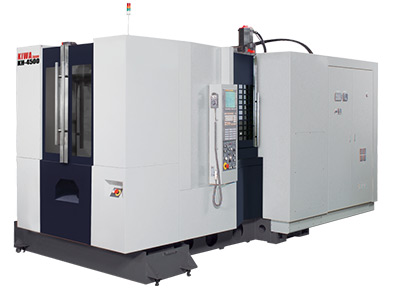Dec . 30, 2024 09:40 Back to list
gas turbine air filter manufacturer
The Importance of Air Filters for Gas Turbines
Gas turbines are widely used in various applications, including power generation, aviation, and industrial processes. Their efficiency and performance largely depend on the quality of the air they intake, which is why selecting the right air filter is crucial. This article delves into the importance of air filters for gas turbines and highlights their role in maintaining optimal operational efficiency.
Understanding Gas Turbines
Gas turbines operate on the principle of converting fuel energy into mechanical energy. The process involves compressing air, mixing it with fuel, and igniting the mixture to produce high-velocity exhaust gases that drive the turbine. The air entering the gas turbine must be clean and free from contaminants such as dust, dirt, and moisture. Any impurities in the air can lead to performance degradation, increased maintenance costs, and even catastrophic failure.
Role of Air Filters
Air filters serve as the first line of defense against airborne contaminants. They are designed to capture particles that could adversely affect the turbine's components, including compressors and combustion chambers. High-quality filters can significantly extend the lifespan of the turbine by reducing wear and tear on these critical parts. This not only minimizes downtime but also helps in maintaining consistent performance levels.
Types of Air Filters
Manufacturers offer various types of air filters specifically designed for gas turbines. The most common include
1. Panel Filters These are typically used for pre-filtration and can remove larger particles. They are easy to install and replace but may not be sufficient for highly contaminated environments.
2. Bag Filters Known for their high dust-holding capacity, bag filters can capture smaller particles and are often used in more demanding applications.
3. HEPA Filters High-Efficiency Particulate Air (HEPA) filters are capable of capturing 99.97% of particles as small as 0.3 microns. These filters provide the highest level of protection but come at a higher cost and may require more frequent maintenance.
gas turbine air filter manufacturer

4. Separator Filters Designed to remove both solid and liquid contaminants, separator filters are vital in environments where moisture can be an issue.
Selecting the right type of filter involves assessing the specific operational needs of the gas turbine and the environmental conditions in which it operates.
Benefits of Using Quality Air Filters
Investing in high-quality air filters offers numerous benefits
1. Efficiency Improvement Clean air leads to more efficient combustion, enhancing the overall performance of the gas turbine.
2. Reduced Maintenance Costs By preventing contaminants from entering the turbine, the frequency and cost of maintenance can be significantly reduced.
3. Extended Equipment Life Quality air filters help in extending the life of key turbine components, leading to lower replacement costs and enhanced reliability.
4. Compliance with Regulations Many industries face strict environmental regulations, and employing effective filtration systems can help ensure compliance.
5. Enhanced Safety Protecting the turbine from contaminants mitigates the risk of failures that could result in safety incidents.
Conclusion
Air filters are a critical component in the operational efficiency and longevity of gas turbines. Selecting a reputable air filter manufacturer is essential, as the quality of the filter directly impacts the turbine's performance. With the right filter in place, operators can ensure optimal efficiency, reduced maintenance costs, and improved overall safety, prolonging the life of their gas turbines while maintaining compliance with industry standards. Hence, investing in high-quality air filtration is not just an option; it’s a necessity for gas turbine operations.
-
OEM PLXB-1 PU Pack Trimming Machine - High Precision, Durable, Cost-Effective Solutions
NewsJun.10,2025
-
High-Performance In Line Fan Filter Trusted In Line Fan Filter Company & Products
NewsJun.10,2025
-
High-Efficiency Water Filter Making Machine Reliable Companies & Products
NewsJun.10,2025
-
Premium Metal Fuel Filter Durable & Efficient for Engine Protection
NewsJun.10,2025
-
Premium OEM 304 Rimmed Filter Disc Custom Stainless Steel Filters
NewsJun.10,2025
-
China PP Air Filter Production Line Automated & High-Efficiency Solutions
NewsJun.10,2025
